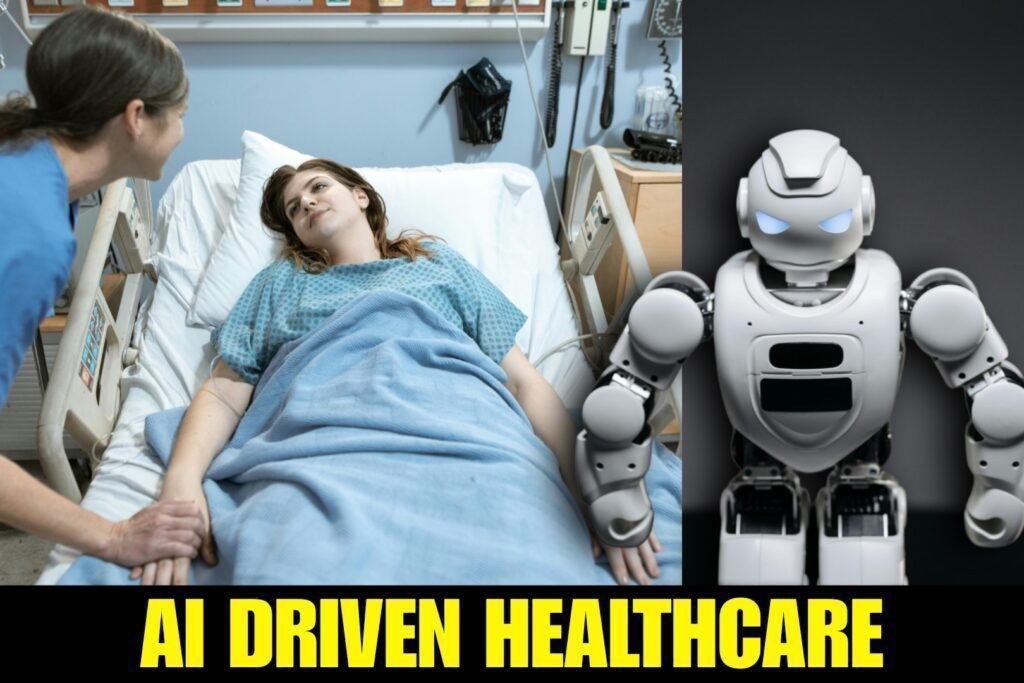The integration of Generative AI into software development and DevOps workflows is creating a monumental shift in how applications are written, tested, deployed, and maintained. No longer confined to research labs or experimental tools, generative AI is becoming a core part of the modern engineering stack—dramatically improving productivity, accuracy, and speed across the software lifecycle.
From AI-generated boilerplate code to autonomous infrastructure management, this transformation is reshaping the entire landscape of software engineering.
AI as a Co-Pilot: Automating the Code Writing Process
Generative AI models, such as OpenAI’s Codex, Meta’s Code Llama, and Google’s AlphaCode, are capable of understanding natural language inputs and generating syntactically correct and often production-grade code across multiple languages.
Key Benefits:
- Faster prototyping: Developers can describe logic in plain English and get functional code instantly.
- Error reduction: AI catches common syntax and logical errors early.
- Increased consistency: AI adheres to predefined patterns and style guides.
Real-World Use Case:
GitHub Copilot, powered by Codex, has shown that it can autocomplete up to 40–60% of code in common programming scenarios, significantly reducing manual effort.
“Developers are now curators and validators, not just creators of code.” — Thomas Dohmke, CEO of GitHub
AI in DevOps: Smarter Automation from CI/CD to Monitoring
DevOps is about speed, consistency, and feedback loops. Generative AI enhances all three.
1. CI/CD Optimization
Generative models can:
- Auto-generate CI/CD pipeline scripts (e.g., for GitHub Actions, Jenkins).
- Recommend optimal build/test/deploy workflows.
- Detect inefficient pipeline stages based on historical data.
2. Automated Infrastructure as Code (IaC)
Tools like Pulumi AI, Terraform GPT modules, and AWS PartyRock allow teams to describe infrastructure needs in plain language, and the AI generates working IaC scripts.
This removes the barrier for teams unfamiliar with declarative config syntax and reduces the risk of misconfigured resources.
Testing and Debugging: Smarter QA at Scale
Testing, which has traditionally been manual or semi-automated, is now being revolutionized by AI-generated test cases and debugging assistance.
Benefits:
- Automated unit and integration tests: Based on function signatures or code context.
- Code review AI: Models like DeepCode or Codium can analyze diffs and suggest improvements or flag security issues.
- Bug detection and fixing: Generative models can identify root causes of bugs and even suggest patches in real-time.
Example:
At Microsoft, developers using GitHub Copilot to generate tests observed a 30% increase in test coverage over three months compared to teams not using AI assistance.
Security and Compliance: AI-Driven Static Analysis
Security is a critical concern in modern development. Generative AI is making static analysis more intelligent by:
- Scanning for vulnerabilities like SQL injections, XSS, buffer overflows.
- Recommending secure coding patterns in real-time.
- Mapping code to known CVE vulnerabilities and generating remediation suggestions.
New tools like Rezonate and Chainguard AI are offering real-time, AI-powered code audits during the CI pipeline, minimizing the attack surface before code reaches production.
The DevOps Feedback Loop Becomes Predictive
Traditional DevOps focuses on reactive measures—AI introduces predictive analytics, allowing systems to:
- Forecast deployment risks
- Predict outages or scalability issues
- Recommend preventive scaling or patching actions
This is especially impactful in Site Reliability Engineering (SRE), where minimizing downtime and automating response is crucial. AI bots can now triage incidents, suggest fixes, and even execute recovery procedures autonomously.
Changing the Role of Developers and Engineers
With AI handling much of the grunt work, the role of software engineers is rapidly evolving:
- Less syntax, more logic and design
- Focus on high-level system architecture
- Shift from writing to reviewing and validating AI-suggested code
- New responsibilities around AI prompt engineering and model tuning
“Generative AI is not replacing developers. It’s upgrading them to architects of intelligence.” — Kelsey Hightower, Kubernetes Advocate
Tools and Platforms Driving the AI-DevOps Revolution
Here’s a list of notable tools reshaping DevOps through AI:
| Tool/Platform | Purpose |
|---|---|
| GitHub Copilot | AI-assisted code and tests |
| Amazon CodeWhisperer | Context-aware code generation |
| DeepCode | AI-powered static code analysis |
| Codium AI | Unit test generation and code explanation |
| Pulumi AI | AI-assisted Infrastructure as Code (IaC) |
| Firefly | Cloud cost optimization with AI |
| Dynatrace Davis AI | Predictive monitoring and automated remediation |
Each of these platforms integrates deeply into CI/CD pipelines and IDEs, making AI support seamless.
Challenges and Concerns
Despite the advantages, generative AI brings new challenges to the table:
- Security and code trust: Can you blindly trust code generated by AI?
- Bias and hallucinations: Models may generate plausible but incorrect or insecure code.
- IP and licensing issues: Some AI tools may reproduce code snippets with unclear licensing.
Therefore, companies need AI governance frameworks, regular audits, and human oversight before deployment.
What’s Next: Autonomous DevOps and AI-native Applications
The future is pointing toward self-operating DevOps systems where AI bots handle routine operations end-to-end, including:
- Monitoring
- Scaling
- Bug fixing
- Compliance checks
We’re also seeing the rise of AI-native applications, where apps are not just using AI—they are fundamentally built on AI models, APIs, and pipelines. This requires a full rethink of how software is designed, monitored, and iterated.
Generative AI is not just an assistive tool—it’s quickly becoming an essential collaborator in software development. As this technology matures, it will define how modern engineering teams operate, solve problems, and deliver value faster than ever before.
